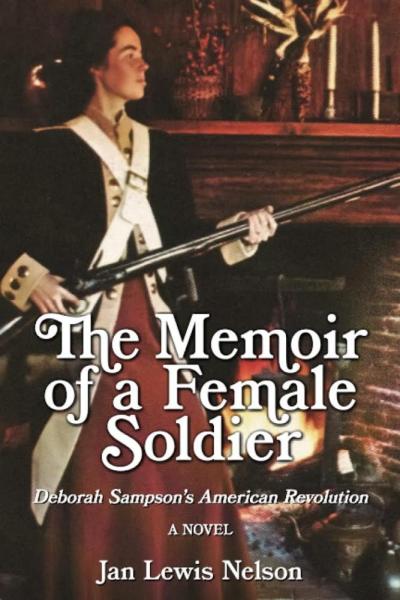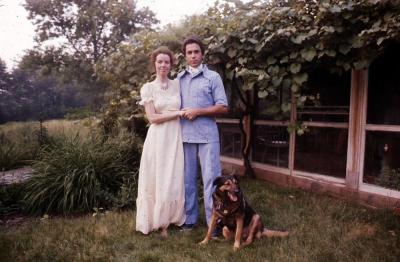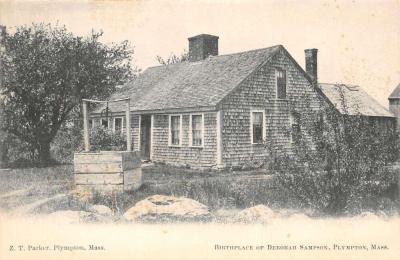‘An act of love:’ Widower publishes late wife’s book on Deborah Sampson
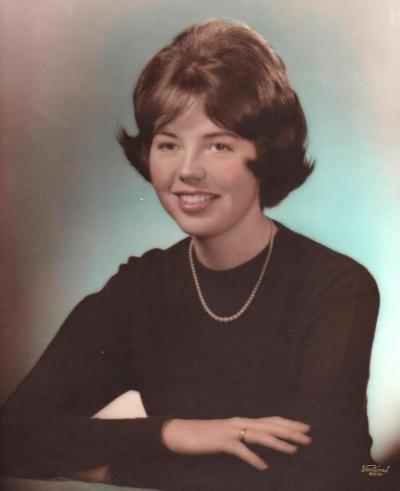
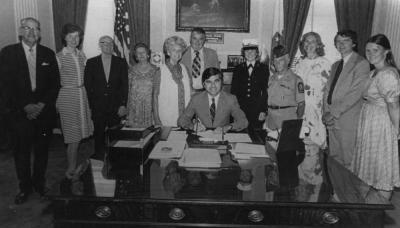
MIDDLEBORO — Deborah Sampson was a fighter.
The one-time Middleboro resident was so determined to make a difference in America’s early battle for independence that she disguised herself as a man to fight in the Revolutionary War. During her first battle, she was shot in the thigh by a musket and never fully healed.
Jan Lewis Nelson was a fighter.
Also a former Middleboro resident, she was diagnosed with breast cancer at the age of 44, battled harsh treatments and their side effects, including the loss of her fingernails and the debilitation of pain, for 30 years before succumbing to the illness in 2020.
Besides determination and courage, the two women have another common bond, this one supported in part by Lewis Nelson’s widower, Steve Nelson.
After their deaths, the two women in essence share a book, “The Memoir of a Female Soldier: Deborah Sampson’s American Revolution,’’ a fictional imagining of Sampson’s diary.
The book was written by Lewis Nelson over a five-year period in the 1970s, returned to sporadically in the later years, then put aside as she raised a family and battled her illness.
When Lewis Nelson died, her widower was drawn once again to the manuscript.
He decided the work needed to be published so her work could be seen and appreciated and as a loving tribute to his wife.
Reading his wife’s words again after her voice was silenced was “kind of a hard thing to do,’’ he said. “But I couldn’t have not done it. I’m glad I was able to do it.’’
The book serves as a tribute to his wife, but also, he said, as a gift to readers.
“I wouldn’t have done it if the book wasn’t good,’’ he said. More than good, he said, the book is “just terrific.’’
Lewis Nelson’s fascination with Sampson’s story began when she was living in Middleboro in the late 1950s, where her parents had moved to accommodate her father’s job as a firetruck salesperson.
One day in school, a substitute teacher told the story of Sampson.
Lewis Nelson was immediately hooked.
“She was intrigued by the idea of a woman doing that,’’ he said. Her fascination grew in the 1960s and 1970s, when women’s rights dominated much of the national conversation.
At that time, Nelson said, Sampson’s story was relatively obscure. Lewis Nelson wanted to change that.
She also developed a personal connection, living for a while in the Plympton home where Sampson was born and befriending historian Charles Bricknell, an authority on Sampson’s story, who shared his insight with her.
Lewis Nelson decided that writing a novel, to merge historical information with diary entries inspired by and expanding on true events, was “the best way to communicate to a reader who this person was and what she was like.’’
She considered Sampson’s story one about “seeking respect.’’ Although today Sampson is generally viewed as a pioneer and hero, her accomplishments were often dismissed and belittled in her own time. Nelson said.
Sampson took the matters into her own hands, traveling on a lecture tour to share her story and, ultimately, gain respect.
Lewis Nelson also advocated for Sampson, lobbying successfully for her to become the official heroine of Massachusetts in 1983.
Her book was not as immediately successful. In the late 1970s, she attempted to attract a publisher to the project but had no luck. Publishers balked at historical fiction, a genre that was rare then but has become highly successful for many authors in the last two decades or so.
So her book sat and her life continued. Much as Sampson fought for respect and a pension for her service, Lewis Nelson battled the devastation of cancer.
“It was hard doing this book because although it’s written by Deborah Sampson, I’m reading it as Jan. It’s her voice. I know how she wrote and spoke.’’
Lewis Nelson, who her husband speaks of with great emotion, will always have Nelson’s heart.
And so, in a way, will Sampson.
“She was kind of like a member of the family,’’ he said.
He urged people to learn more about Sampson, and, in a sense, Lewis Nelson.
The book reflects “an act of love, plain and simple.’’
A copy of the book has been donated to the Middleboro Public Library. The book is also available online at Barnes and Noble and Amazon.



